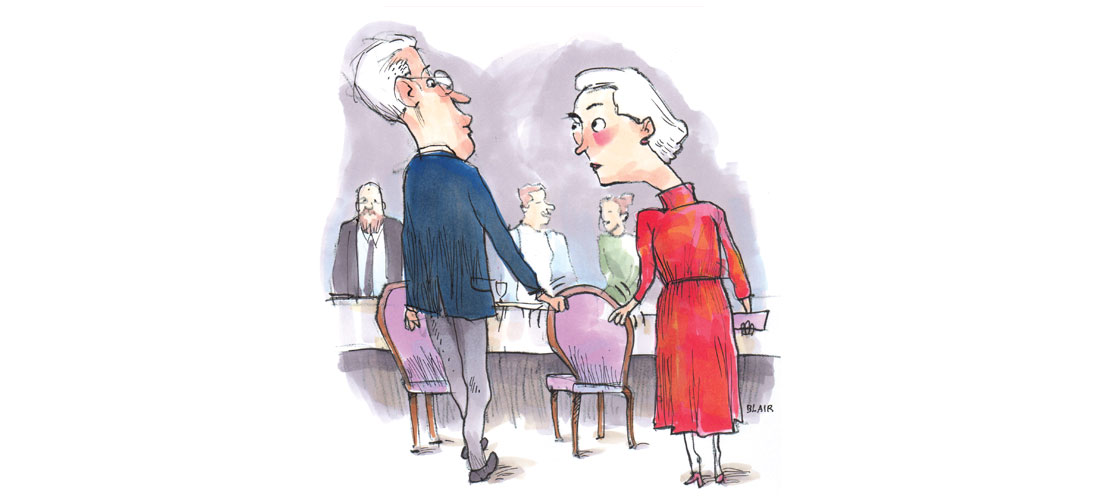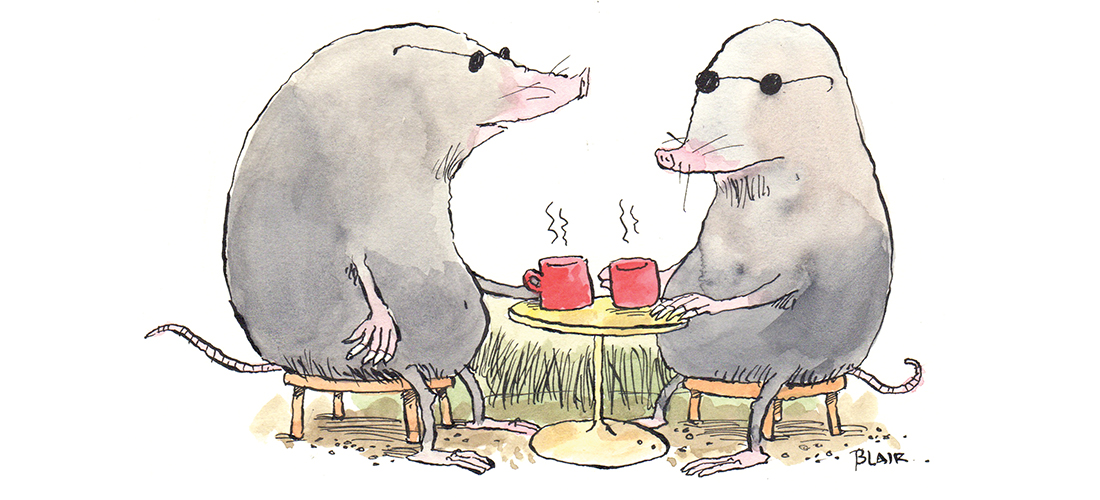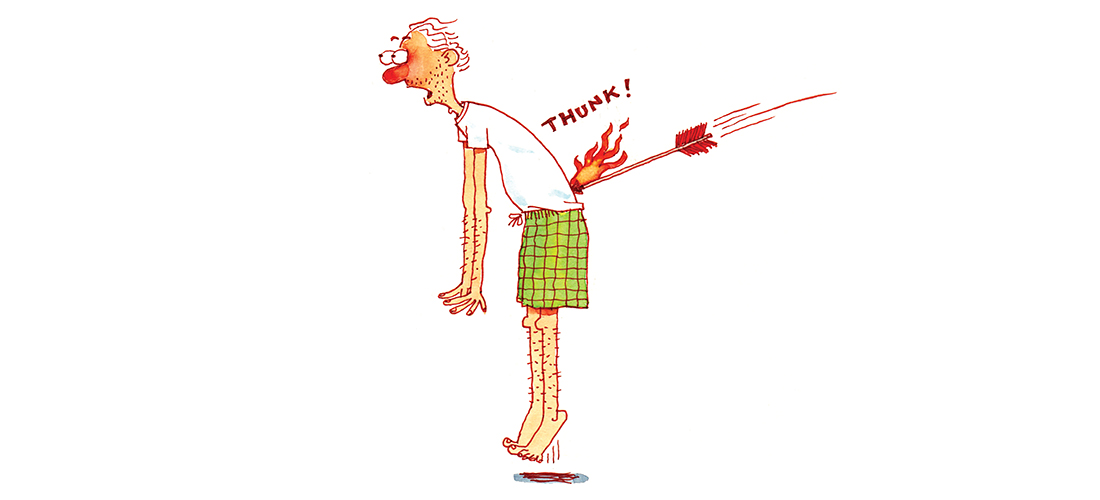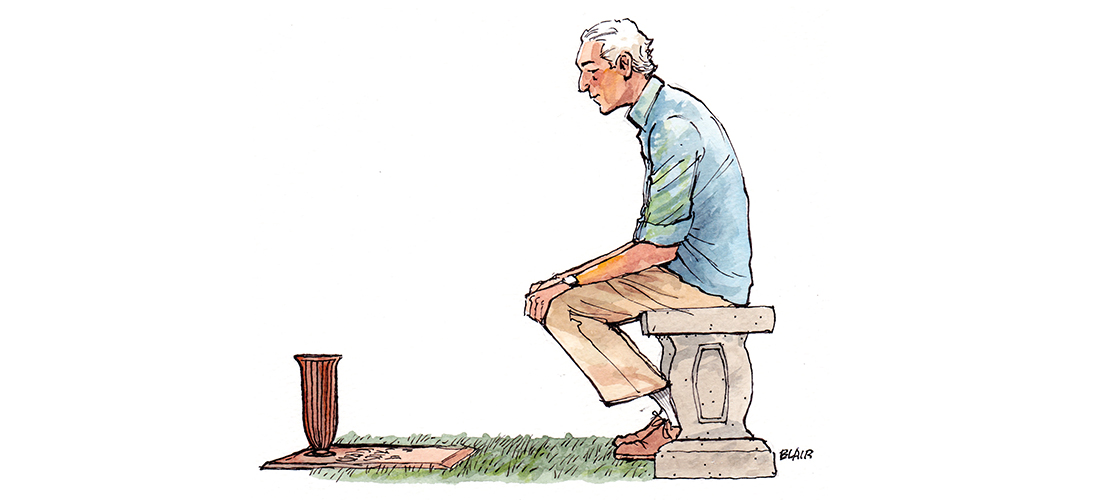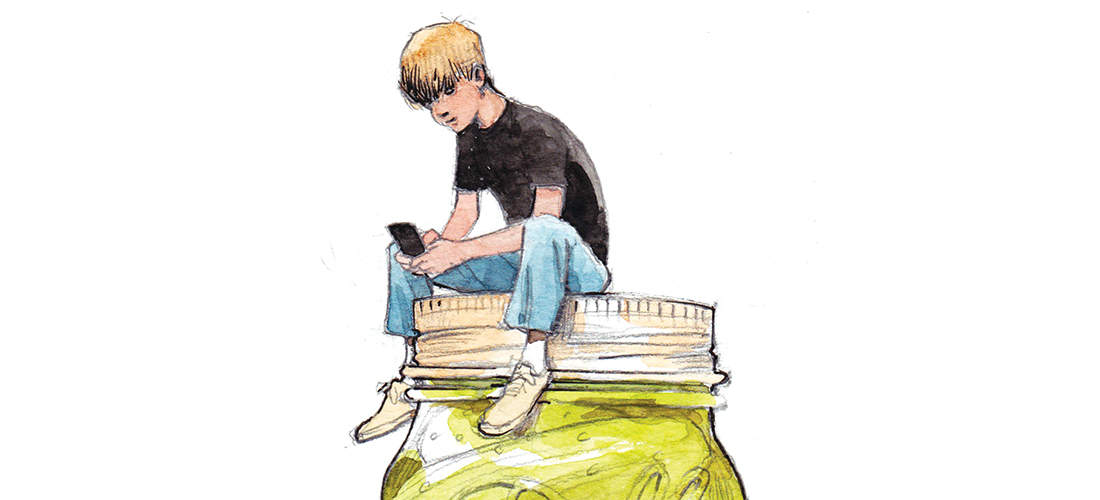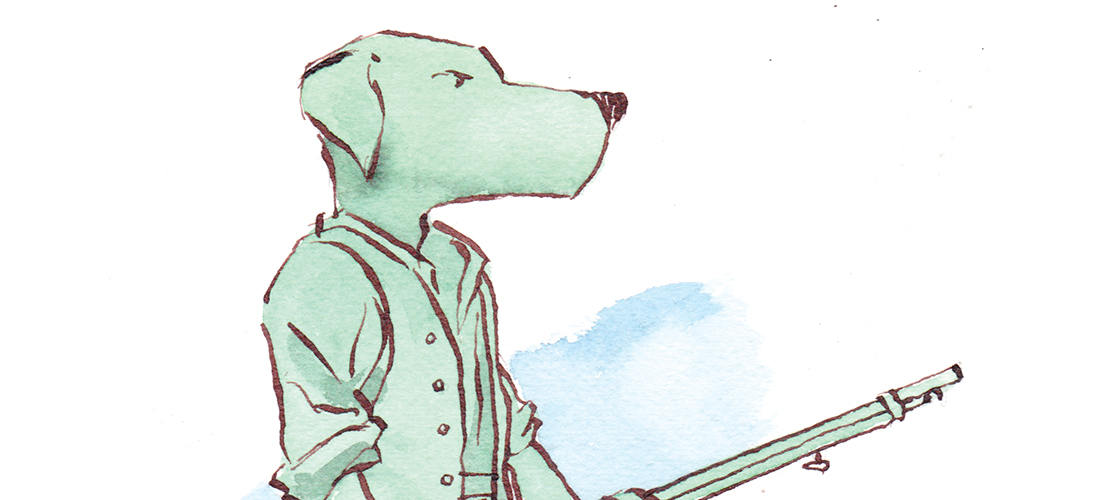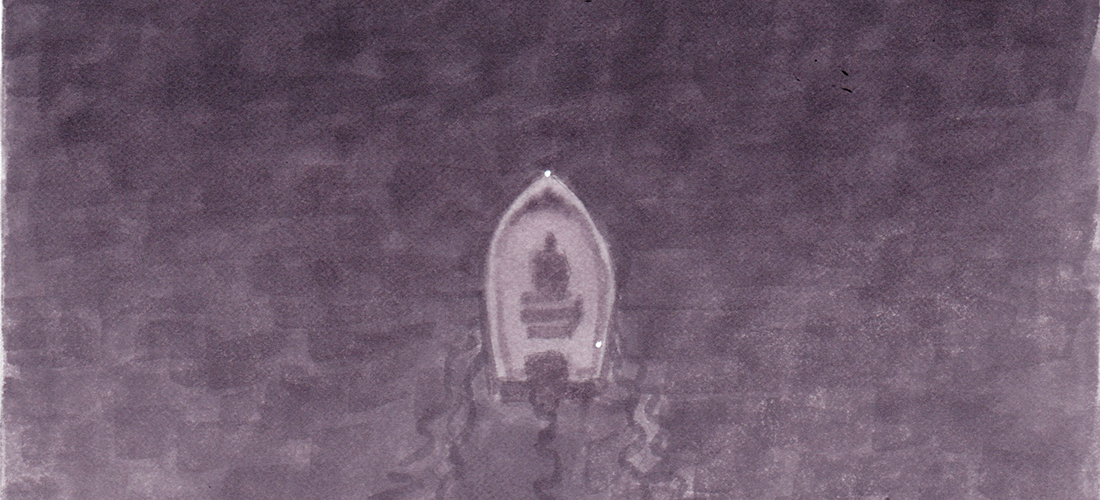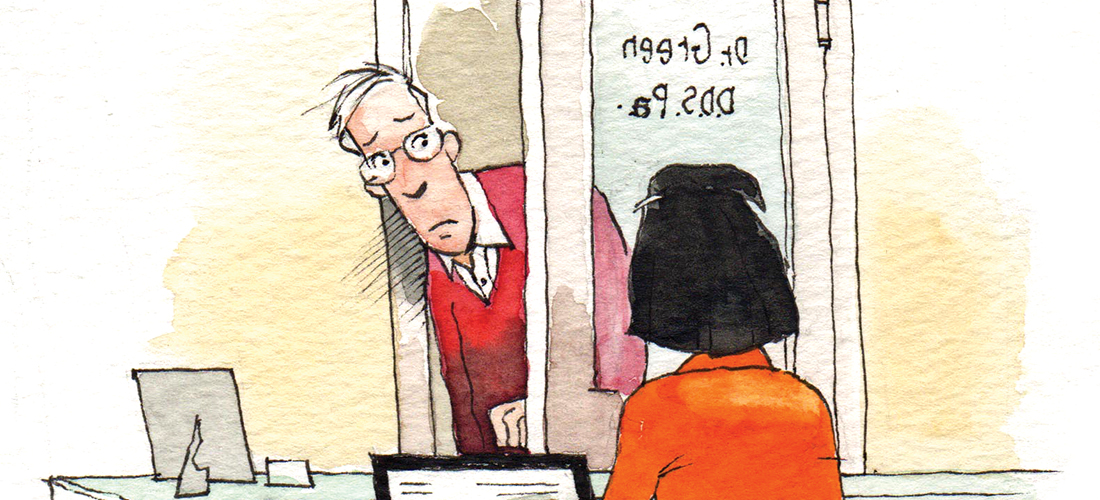Changing Customs, Fading Manners
Who is minding what?
By Clyde Edgerton
“Mind your manners” is a phrase that is probably less heard today than it was 60 years ago. Back then (I was a teenager), I would have no more worn a hat inside a house or building than I would have peed in the street. (I would have peed in the backyard, down toward the woods, and that would not have been considered bad manners where I’m from in rural North Carolina.)
Are we sometimes talking about changing customs, or changing norms, rather than changing manners? Shades of difference move between those three terms: customs, norms, manners. Your mama, or another trusted relative, probably never said to you, “Mind your customs,” or “Mind your norms.” Customs and norms describe habitual stuff out there in a society — descriptive. Manners are more about what happens in smaller group settings — prescriptive, connected to right and wrong.
And sometimes I think (like other older folks) that manners haven’t changed; they have simply disappeared. Well, almost. Perhaps disappeared in other parts of the country, and are hanging by a thin thread in my home section of the country, the South, where people do not have accents unless they are from elsewhere.
Let’s take family reunions — and “eating order.” Family reunions in my childhood were like Christmases. The family planned ahead for, and looked forward to, each family reunion. It was a big deal. We had five of them each year. (It’s down to two now.) When it was time to eat from the big long table with covered dishes (you were likely out of doors), the older folks served themselves first. Had I, as a child, started for the food right after the blessing, my mother would have said, “Mind your manners, Son,” and I would have remembered that children served themselves last, not first. It was a matter of right and wrong, good and bad. Simple good manners.
There were only good and bad manners, no debatable manners, or, for that matter, “politically incorrect” manners. “Politically correct” — for better and/or worse — hadn’t been invented.
My first brush (that I know about) with my own politically incorrect manners happened at a dinner party (among academics) in about 2000. Each of us stood behind our own chair before being seated. When it was time to sit, I reached for the chair beside mine because standing behind that chair was a woman. As I started to pull back her chair for her to sit, she quietly held the chair in its place.
I didn’t get it. I assumed she was looking the other way. I tried again, and then looked into her eyes. The message was clear. She did not like what I was doing. She remained silent. I turned loose of her chair and tended to my own. I was confused, but there was no doubt that she did not like me messing with her chair.
I have since figured out what was perhaps going on. (I have two daughters, and would like to consider myself an intersectional feminist who believes rational feminism can lead to men’s liberation.) I think back on that occasion, on the matter of customs, norms, manners; on the woman beside me at the dinner party; on my mother (not an academic by a long shot) and how she behaved in social situations. I’m pretty sure my mother, had she been a modern-day feminist, would have said, “I’d prefer to pull out my own chair, but thank you.” She would have said that because she had good manners — innate good manners. OH
Clyde Edgerton is the author of 10 novels, a memoir and most recently, Papadaddy’s Book for New Fathers. He is the Thomas S. Kenan III Distinguished Professor of Creative Writing at UNCW.

